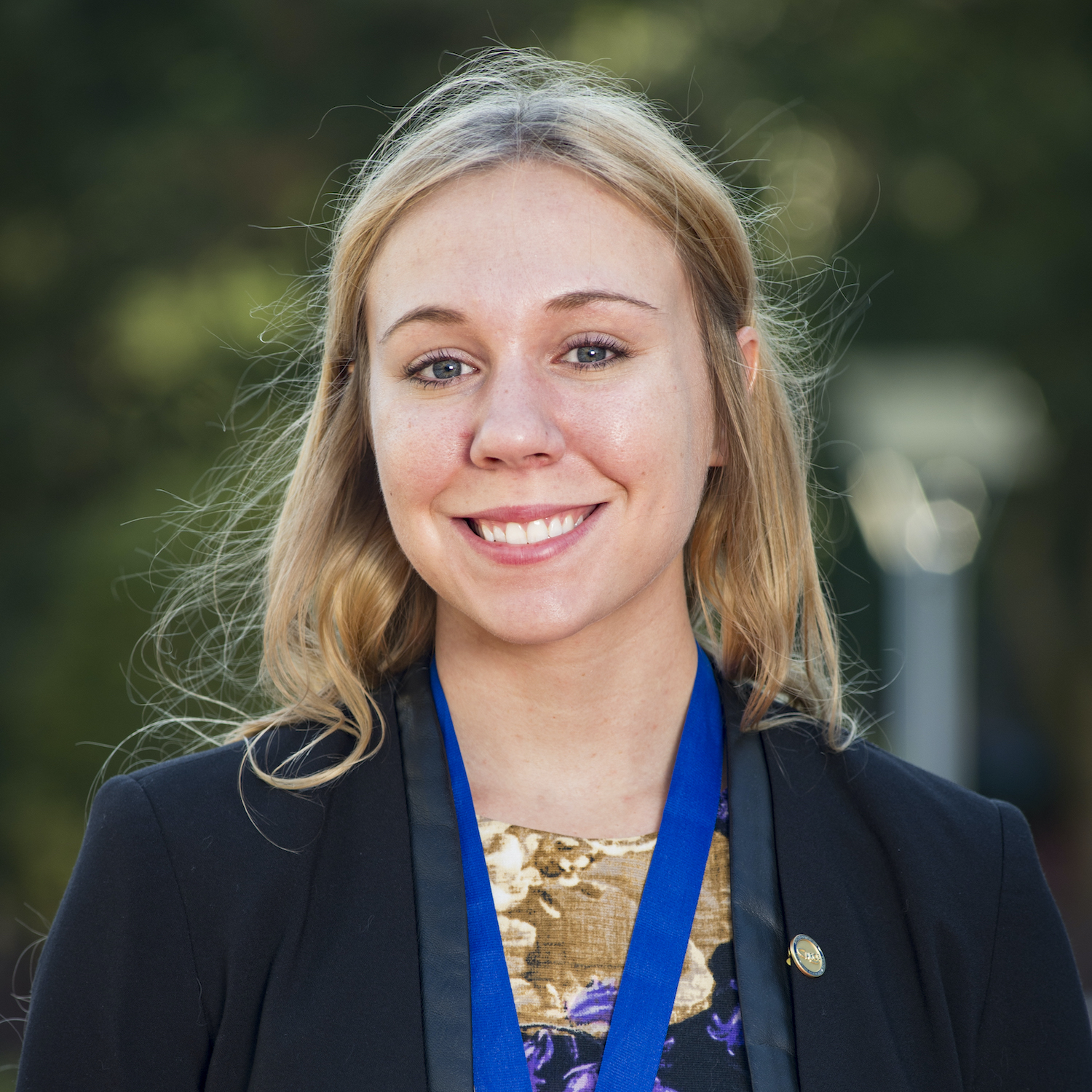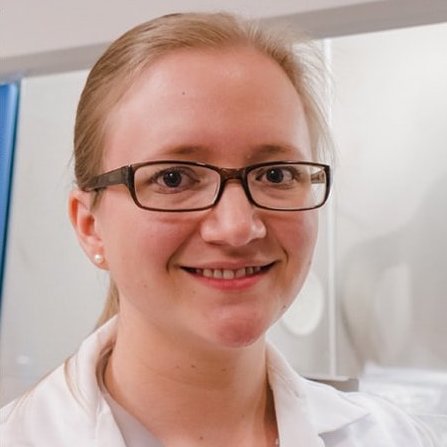PH.D. STUDENTS TO ENHANCE STEM DIVERSITY THROUGH PODCAST AND OUTREACH
by Emily Payne

Alyssa Lawler

Sarah Werner
Ph.D. candidates Alyssa Lawler and Sarah Werner received the Department of Biological Sciences’ Margaret Carver Award for Enhancing Diversity, Equitability and Inclusion. The $5,000 award can be used for any endeavor that enhances diversity, equitability and inclusion in the Carnegie Mellon University or wider community.
Lawler requested the award to create a podcast on science at CMU.
“I’m really excited about this idea,” said Lawler, who has been tinkering with starting a podcast for science since interviewing for graduate schools. Inspired by successful science podcasts such as Hidden Brain and Radio Lab, Lawler realized their power in not only making science accessible to wide audiences but contributing to her own sense of belonging in science and academia.
“I think storytelling is such a powerful and inclusive way to communicate science and it can really help bring anyone into our world,” she said.
The forthcoming podcast would showcase student-driven research at CMU while aiming to demystify science and give listeners a candid view into diverse perspectives from scientists. Lawler would also like to incorporate wider discussions on mental health, politics and diversity in science. In particular, she wants discussion topics to be guided by campus climate and current events where a diverse array of voices can speak to how these topics relate to science.
“It doesn’t have to be me who is leading the conversation,” Lawler noted. She invites graduate students and post-docs to join her on this journey: “If you have science stories, personal stories or things that are on your mind, reach out about anything.”
Werner plans to use the award to design an interactive STEM outreach curriculum for children of immigrants and refugees. The curriculum will introduce them to fundamental scientific principles, notable discoveries and current developments while emphasizing critical thinking and problem-solving skills.
Werner also plans to invite guest speakers to share their research and organize a science fair that students could participate in through the program.
To facilitate her project, Werner connected with the local volunteer organization Alliance for Refugee Youth Support and Education and their flagship program, the Pittsburgh Refugee Youth Summer Enrichment Academy, to partner her outreach program with the organization’s pre-existing networks and resources.
Werner wants to use her own experiences to connect in particular with children of immigrants and refugees from the Middle East.
“As a non-traditional, first-generation college student, female military veteran of war, and with my extensive cultural and linguistic experience with Arabic and the Middle East … my empathy and experiences will allow me to understand the many difficulties these children face in ways most of my peers cannot,” she said.
Werner can also translate materials into Arabic, which will remain part of the program beyond her involvement.
“My goal is to encourage and inspire these children, help them discover a vocation in STEM and foster a welcoming community as they integrate into the United States,” said Werner.
She hopes to grow and adapt the program throughout the rest of her doctoral studies.